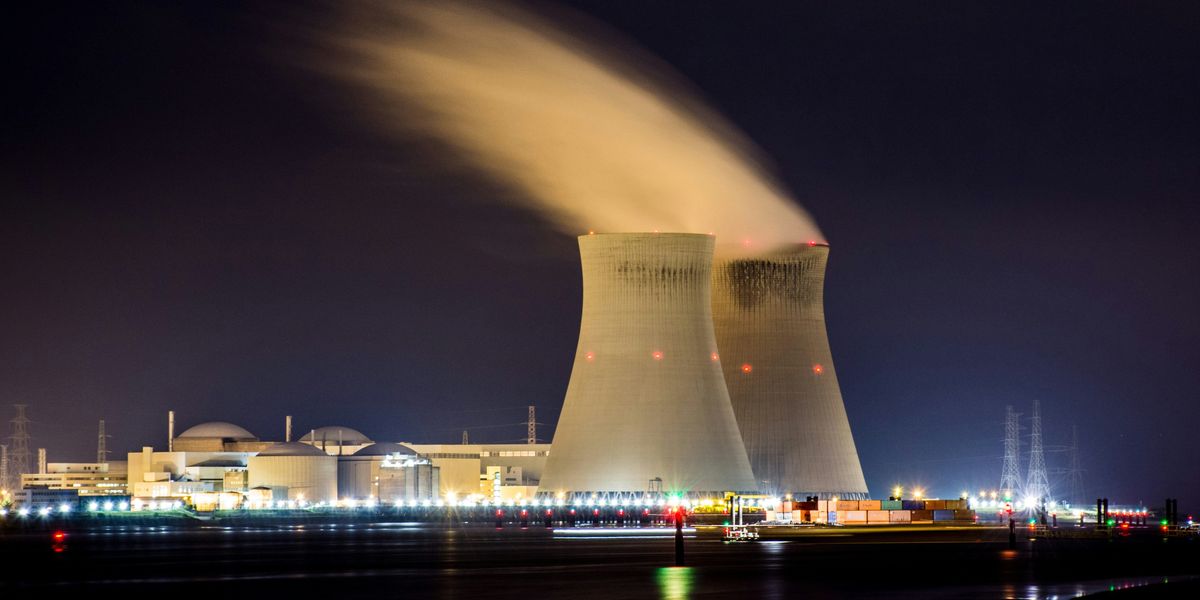
US energy secretary pushes nuclear power as AI-driven energy demand rises
The U.S. must expand reliable energy sources, including nuclear power, to meet the growing electricity demands of artificial intelligence, Energy Secretary Chris Wright said Tuesday.
Susan Montoya Bryan reports for The Associated Press.
In short:
- Wright compared AI's energy needs to a modern-day Manhattan Project, saying the U.S. must lead in both AI and power generation.
- Nuclear power currently supplies about 20% of U.S. electricity, but states like Arizona, California, and Wyoming are investing in new or extended-life nuclear facilities.
- Challenges include uranium mining impacts, spent nuclear fuel storage, and regulatory hurdles that have slowed reactor development.
Key quote:
“Our goal is to get that out of the way, bring private businesses together, and figure out what kind of nudge we might need to get shovels in the ground and next-generation small modular reactors happening.”
— Chris Wright, U.S. Energy Secretary
Why this matters:
The rise of artificial intelligence has ushered in an insatiable demand for energy, pushing power grids to their limits and forcing a reevaluation of where that electricity will come from. As tech companies race to expand AI infrastructure, nuclear energy is emerging as a favored solution — praised for its ability to deliver steady, low-carbon power at scale.
But nuclear’s promise comes with deep-rooted challenges. While reactors don’t emit carbon dioxide during operation, the industry’s full lifecycle — from uranium mining to long-term waste storage — raises environmental concerns. Mining and refining uranium can contaminate water and soil, while spent nuclear fuel, which remains hazardous for thousands of years, lacks a universally accepted disposal strategy.
Learn more: Artificial intelligence's role in climate change: A double-edged sword














